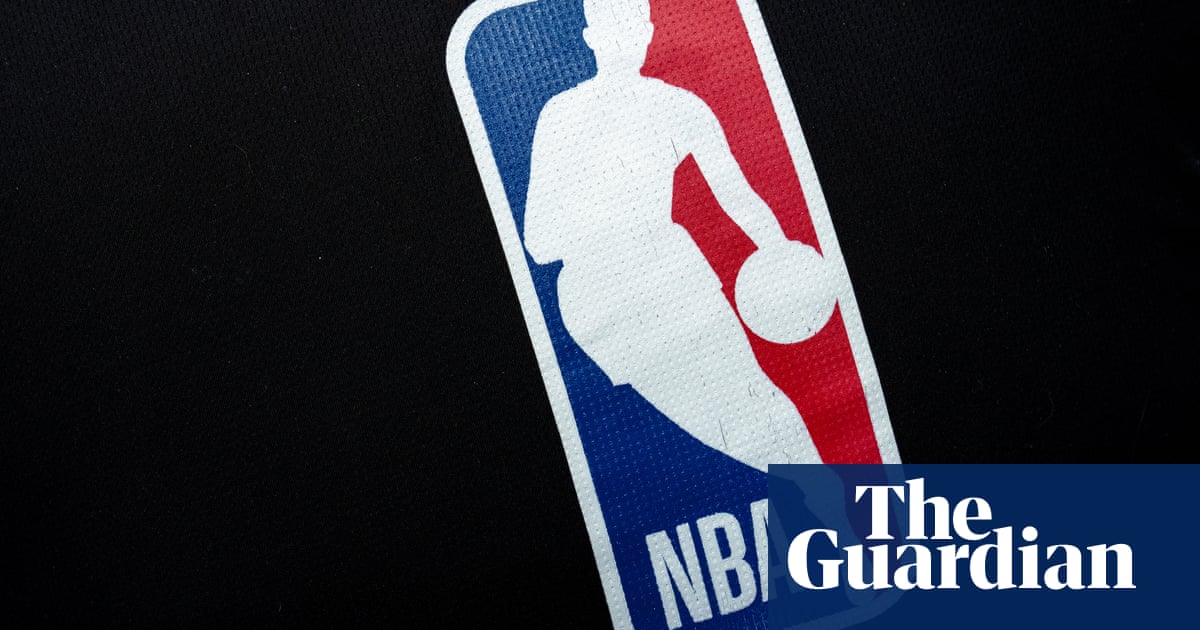As the NBA has emerged as the first professional league in the US to cozy up to global sport’s burgeoning class of nation-state investors, the shape of its guiding dualism under Silver is starting to become crisper: lip service to social justice issues at home, a studied obliviousness to human rights violations abroad. In the contest between ethics and numbers, it’s now becoming clear that the latter matter far more to the NBA than the former.
Basketball was the first of the country’s big professional sports leagues to break open America’s convention of restricting team ownership to extremely rich individuals; baseball and hockey have since followed suit, but basketball got there first. (The NFL has not yet relaxed its rules to allow private equity investment, though that may change when the league gathers for its annual meeting in Orlando, Florida next month.)
Making money is always the number one goal. Fuck everyone and everything else that doesn’t make money numbers go brrr. Why are news outlets still acting surprised about this? It’s 2024 you nitwits! Open your bloody eyes!
This is the best summary I could come up with:
For every Donald Sterling, forced to sell the Los Angeles Clippers in 2014 after he was caught on tape being racist, there’s an Enes Freedom, the former New York Knicks star who was pushed to the sport’s fringes a few years ago for being a little too vocal in his support of China’s Uyghur minority.
As the NBA has emerged as the first professional league in the US to cozy up to global sport’s burgeoning class of nation-state investors, the shape of its guiding dualism under Silver is starting to become crisper: lip service to social justice issues at home, a studied obliviousness to human rights violations abroad.
The average NBA franchise is now worth $3.9bn and growing by 35% a year; the Golden State Warriors, the league’s richest team, has been valued at $7.7bn, comfortably ahead of the $6.3bn valuation that formed the basis of Jim Ratcliffe’s recent purchase of a minority stake in Manchester United.
Qatar’s purchase of a minority stake in the Wizards was the first deal involving a sovereign wealth fund to follow this rule change; the new sponsorship agreement with the United Arab Emirates signals the league’s growing openness to investment from that part of the world.
Eventually, the ubiquity of institutional capital across all sectors of the developed world will make a playoff game inside the Las Vegas LeBrons’ humming new home on the Nevada desert sands as spotless and friction-free as a degustation meal in a Dubai supertall.
Some awareness of that fundamental cultural difference may account for the breeziness with which Silver has shrugged off concerns over the prospect of Middle Eastern sovereign wealth funds buying up the league: “People are a little too dismissive these days about the benefits that come from the commonality around sports,” he said on the issue last year.
The original article contains 1,763 words, the summary contains 302 words. Saved 83%. I’m a bot and I’m open source!



